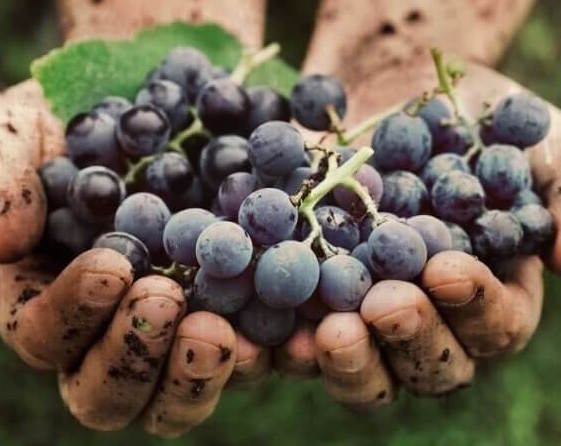
Biodynamic Wine
Biodynamics is a holistic view of agriculture which relies on balancing vine, man, earth and stars. It’s organic and then some! So, it’s not just a lack of pesticides, but looks at the moon’s cycles and special preparations for the soil. It might sound a little wacky, but this centuries-old practice is all about honoring the terroir, listening to the environment, and ensuring human intervention (pruning, watering and harvesting) are ‘in tune’ with the earth’s natural rhythms. The result, many claim, is more balanced wine which is more expressive of the terroir where the grapes were grown. Whether you can taste the difference or not is a little subjective. For more information on biodynamic wine, see this post from last year.